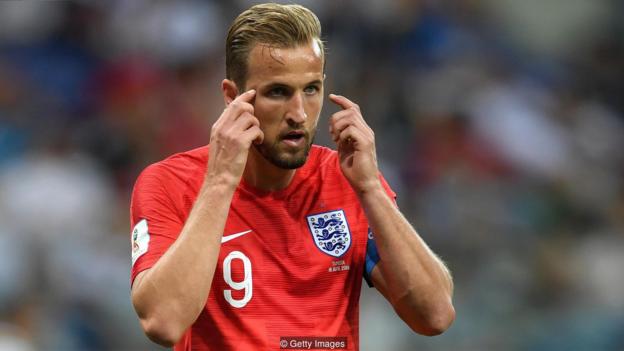Over the last 20 years, I have practiced sports psychology in Tucson.
Having worked with Olympic athletes, NCAA Division I athletes, and elite high school athletes, I know every athlete wants to perform at their very best. Over the last 30 years, both coaches and athletes are realizing there is only so much improvement you can get from working on physiological aspects of performance, such as lifting weights or increasing reaction time.
Muscles do not make you elite, and the higher the altitude you climb to in your sport, the more mentality becomes the way to edge out your competition. This is why sports psychologists are now common in every sport. Even with high school athletes. Read my blog about why sports psychologists are increasingy driving the future of high performance sports.
This is why coaches are adding new members to the team: sports psychologists. Sports psychologists are helping each athlete masterfully control the 6 inches between their ears, the most important playing field. The bottom line is how well an athlete performs is more related to their mentality than their physiology.

How do you maximize your time in the Zone? Every athlete knows what it means to be in “the zone”, aka the flow state. The zone is when an athlete feels completely immersed in the moment, and they perform at their peak. In the zone, they are not held back by anxiety, lack of confidence, or overthinking. Every athlete has experienced moments of being in the zone, but how does the athlete maximize that time? That’s where sport psychologists do the heavy lifting, as they can help each athlete map out the key factors in their personality that are affecting their performance.
Every athlete can have a great performance here and there, but the best athletes are able to consistently perform at an elite level. If you look around now, the vast majority of elite athletes have a sports psychologist that they are working with, because as time goes on, human performance has increased greatly, and spending more time in the weight room just isn’t cutting it. The way to get an edge in sports is by spending more time mastering mental techniques that minimize or prevent each athletes’ “inner demons” from impairing their performance.
Sports psychologists are drawing from an increasingly broad amount of knowledge and tactics in order to help each athlete find their very best performance in a more consistent manner. Much of sports psychology literature has been influenced by a book written by psychological researcher Mihalyi Csikszentmihalyi (PhD), on achieving peak performance. It is aptly entitled “Flow”. This book has become a classic, because he author discusses what the psychological features of “Flow” (the zone) are.
Coaches and athletes are increasingly realizing that to maximize an athlete’s time in the zone, it is not enough to listen to a motivational speech, or have a famous athletes share their story of success. Rather, the critical ingredient to maximizing elite performance is mapping out the network of thoughts, feelings and memories that affect the athlete even when they are playing their sport. From this individualized cognitive map, specific tactics and techniques can be used to make permanent improvements to each athletes’ performance.
My track record of sport psychology mentorship has included being a consultant to the University of Arizona Athletic Department, as well as consulting with Olympic coaches. I’ve also worked with many elite athletes in sports including horse riding, swimming, basketball, football and tennis.
Related blogs:
- 10 Character Flaws That Can Derail Even Good People
- The Future of High Performance Athletics will increasingly be driven by Sports Psychologists
- 12 Questions to Ask a Counselor, Therapist, or Mentor You’re Considering Seeing
- Podcast interview of Dr. Tom Brunner: What factors critically affect child, elite athlete, and parents, for High Performance – in Sports and Life
- 8 popular psychological assessments: What to look for
